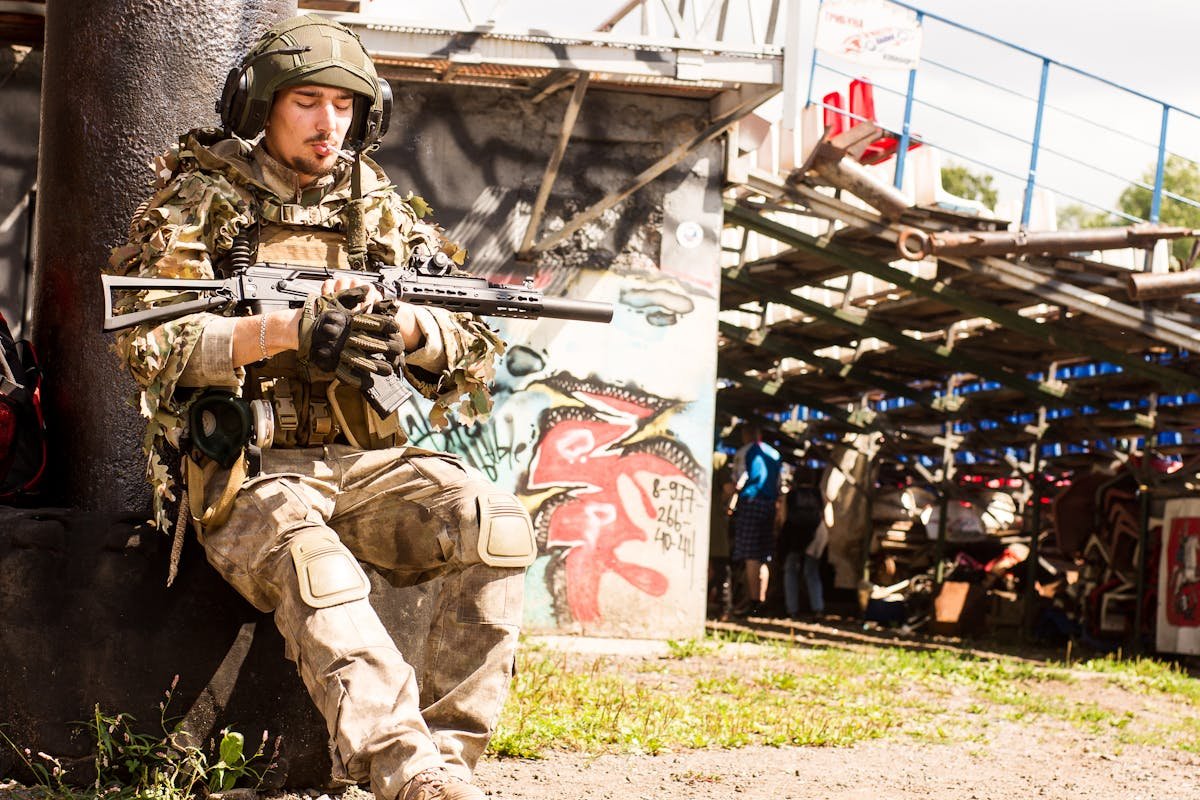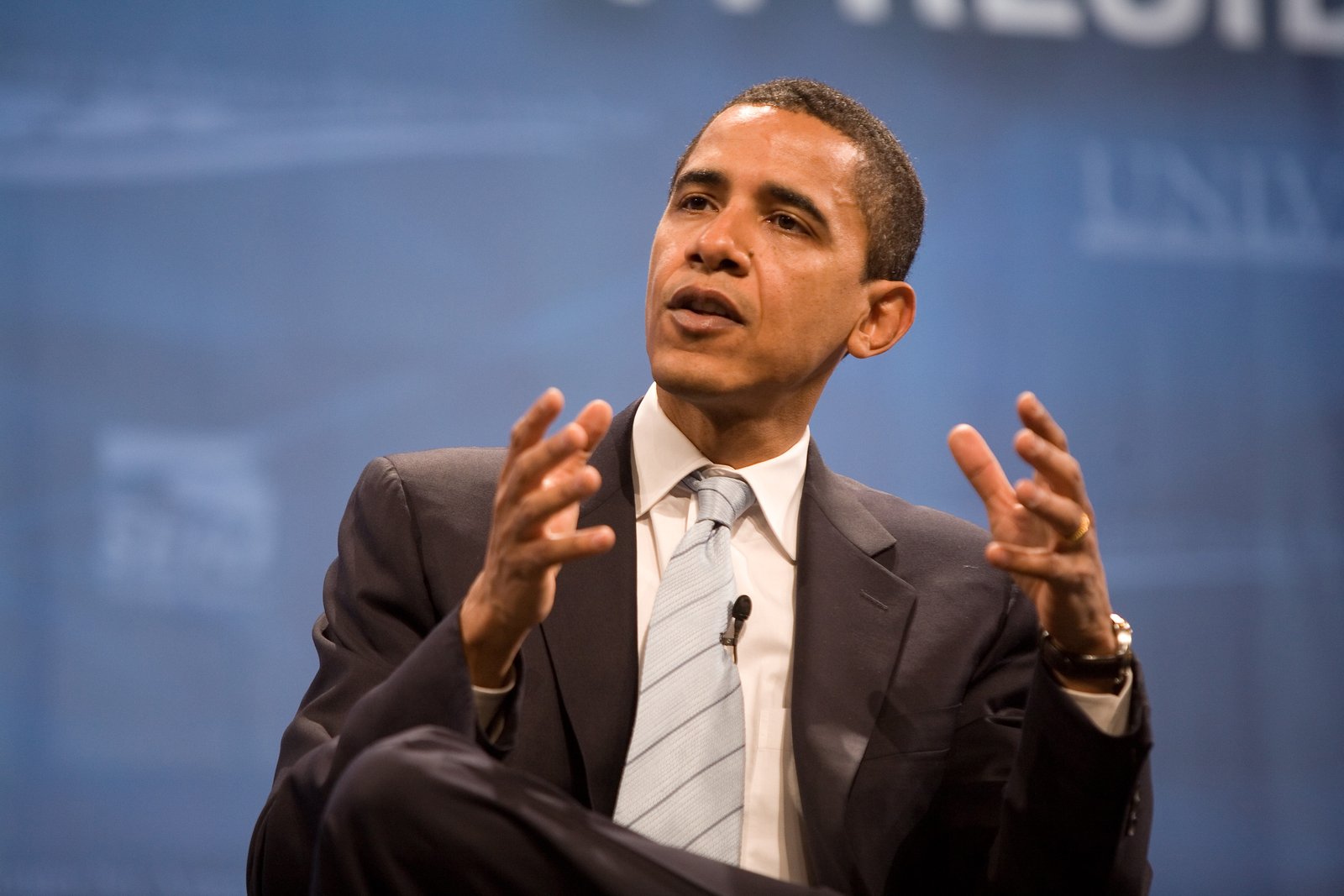The Strongest Men Stay Silent—Inside the Mind of a Modern Soldier
Military & Defense / Date: 06-24-2025

They train to fight. They bleed for strangers. And when they come home? They keep their mouths shut.
That’s the brutal irony of the modern soldier. We plaster “Support Our Troops” on bumpers and stadium screens, yet most of us have no clue what really goes on inside their heads. Here’s the uncomfortable truth: duty comes with trauma, and trauma comes with silence. Not the Hollywood kind. The kind you never hear about.
In this article, we’re cracking open the guarded mind of today’s soldier—what they endure, what they bury, and why most of them won’t talk about it even if it’s killing them. Literally.
Why Everything You Think About Soldiers Is Dead Wrong
People love to say things like “Thank you for your service” or “They’re heroes.” Sounds nice, right? But that phrase is a quick handshake, not a conversation. The truth? Most soldiers don’t feel like heroes. They feel like ghosts walking through a world that claps for them but doesn’t understand them.
What people don’t get is that war doesn’t end when the gunfire stops. For many soldiers, the real fight starts after they return.
Duty Is Heavy—But Guilt Is Heavier
Fighting for Country... and Then What?
Ask a soldier why they signed up, and you’ll hear stuff like “I wanted to serve” or “It was my duty.” But ask them what they carry after their tour, and the answers get blurry.
Guilt over surviving while friends didn’t. Regret over pulling the trigger. Confusion over what the war was even for. These aren’t things they post on Instagram. These thoughts sit quietly in the back of their minds, whispering late at night.
The Burden of Being Alive
A phenomenon known as "survivor's guilt" exists. It sounds just like that. Your friends don't come home with you. You survive, but your thoughts remain trapped in that dusty battleground. How do you move on when you're ordered to?
Some try drinking. Others isolate. A few never find peace.
PTSD Is Not Just a Buzzword
What It Really Feels Like
Post-Traumatic Stress Disorder sounds like a clinical term from a mental health brochure. For soldiers, it’s more like reliving the worst day of your life on repeat—at the grocery store, in your sleep, or while hugging your kid.
It’s not just flashbacks. It’s hyper-awareness. It’s sudden rage. It’s being fine at 2 p.m.
Let’s be real—if most civilians experienced what these men and women have, they’d crumble. But soldiers? They keep showing up. That’s the terrifying part.
The Numbers Are Lying
Stats say something like 1 in 5 soldiers come home with PTSD. But how many never say a word? How many fake the “I’m good, bro” smile during check-ins? You can’t measure silence—and that’s where most trauma hides.
The Culture of Silence: Why Soldiers Don’t Speak
The Shame Nobody Talks About
Imagine being trained to be tough. Strong. Dependable. Now imagine telling someone, “I can’t sleep without nightmares,” or “I cried when a car backfired.” That’s not weakness—it’s biology. But the military mindset often labels it differently.
So instead of talking? They bury it.
Yes, therapy helps. Yes, some speak up. But for every soldier in group counseling, there are ten more pretending they’re okay.
Brotherhood Over Breakdown
Soldiers have each other’s backs. But there’s a catch: opening up sometimes feels like betrayal. You don’t want to be that guy. The one who needs help. The one who makes others uncomfortable.
So they stay quiet. Even when they're screaming inside.
Civilian Life Feels Like Another War
No One Gets It
Coming home isn’t coming back. It’s entering a world that feels plastic. People complain about traffic. Instagram filters. Coffee orders.
Meanwhile, you’ve held someone dying in your arms.
Try explaining that to someone who’s never left their hometown.
The Weird Role of “Hero Worship”
Being called a hero sounds good. But for many soldiers, it feels like a lie. How do you accept a thank-you when all you remember is the things you did—or didn’t do?
This isn’t about humility. It’s about disconnection. The uniform gets respect, but the person inside it often feels invisible.
When Help Comes Too Late
The Tragedy Nobody Wants to Mention
Suicide among veterans is not a statistic. There is a crisis. Approximately 17 American veterans commit suicide every day. In certain years, that surpasses the number of those killed in conflict.
Why? Because they feel lost. Misunderstood. Numb.
Sometimes, the war inside is louder than the one they fought.
Broken Systems, Broken Soldiers
Let’s not sugarcoat it—the VA system is overwhelmed. Wait times. Paperwork. Understaffed clinics. It’s a maze, and many just give up. Or worse.
What is truly unpatriotic, you ask? allowing those who put their lives at danger to be overlooked.
What Needs to Change (And Fast)
Listening > Labeling
The first step isn’t a new app or awareness campaign. It’s listening. Actually listening. Without judgment. Without pity.
Ask, “What was it like?” And mean it. Then shut up and hear them out.
Treating PTSD Like a Broken Arm
We treat broken bones with casts. We don’t say, “Just be tougher.” Mental health should be no different.
Therapy, group sessions, even psychedelics (yeah, seriously—research is promising) should be normal options. Not shameful last resorts.
Stop the Hero Worship. Start the Human Understanding.
Soldiers aren’t gods. They’re not invincible. They’re human. They cry, they regret, they bleed. And they deserve space to say, “I’m not okay.”
Follow Us
Newsletter
Subscribe to our newsletter to stay updated with our latest news and offers.
We respect your privacy.Trending










